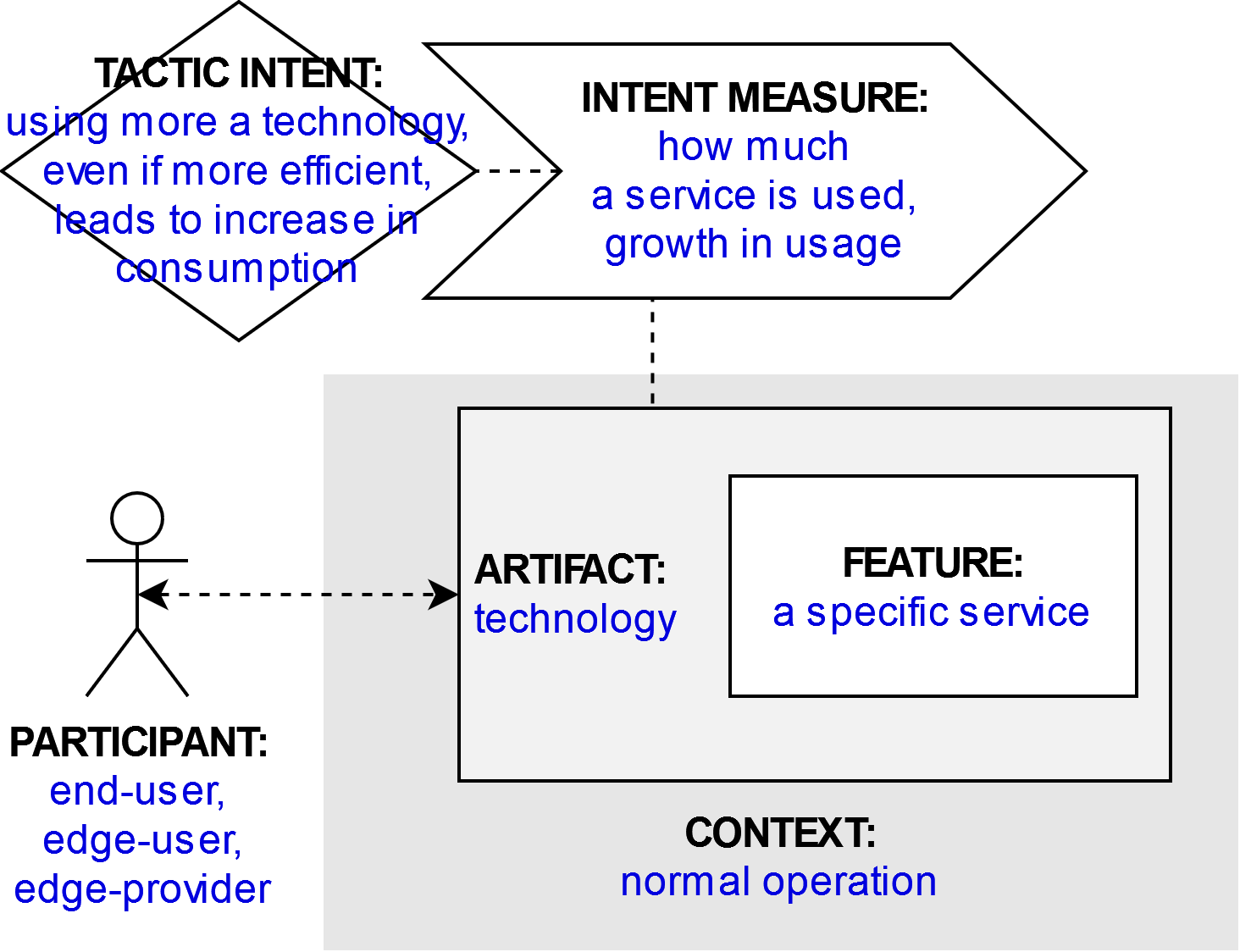All Tags
AWS
ai
algorithm-design
architecture
browser
cloud
cloud-efficiency
cloud-principles
cost-reduction
data-centric
data-compression
data-processing
deployment
design
documentation
edge-computing
email-sharing
energy-efficiency
energy-footprint
enterprise-optimization
green-ai
hardware
libraries
llm
locality
machine-learning
maintainability
management
measured
microservices
migration
mobile
model-optimization
model-training
multi-objective
network-traffic
parameter-tuning
performance
queries
rebuilding
scaling
services
storage-optimization
strategies
tabs
template
testing
workloads
Tactic: Efficiency trap
Tactic sort:
Dark Tactic
Type: Unsustainable Pattern
Category: edge-computing
Tags:
Title
Efficiency trap
Description
Similarly to cloud computing, the adoption of edge presents a risk of rebound effect, described in dark tactics efficiency trap and bloating. New technologies part of the edge paradigm are often presented as being more energy-efficient than their predecessors and hence more sustainable. However, as energy-efficient a technology may become, if the rebound in usage is substantial then the overall energy consumption may increase. This increased use may come from the services using the technology, e.g., transmitting 4K video on a device with a small screen just because it is possible, but with no (or negligible) increase in quality of service. It can also come from the technology itself. This is for example the case in 5G, where although a base station is four times more energy-efficient than its 4G counterpart, its total power consumption is still four times higher than a 4G base station (e.g., due to extra antennas required), in addition to the fact that more 5G base stations are needed compared to a 4G network.
Participant
end-user, edge-user, edge-provider
Related artifact
Technology
Context
Normal operation
Feature
A specific service
Tactic intent
Using more a technology, even a more energy-efficient one, which leads to an increase in total energy consumption
Intent measure
How much a service is used - Growth in usage
Countermeasure
To counter these two dark tactics at the service level, the concept of digital sufficiency should be envisioned to reflect upon the quantity of data that is relevant for a certain service/device combination. As a countermeasure regarding the technology itself, the telco providers are already investigating new antennas technologies, network architectures and roll-out strategies and improved base station implementations with energy-saving features for the 5G technology.
Source
*The Dark Side of Cloud and Edge Computing* by Klervie Toczé, Maël Madon, Muriel Garcia and Patricia Lago (DOI: https://doi.org/10.21428/bf6fb269.9422c084)Graphical representation
